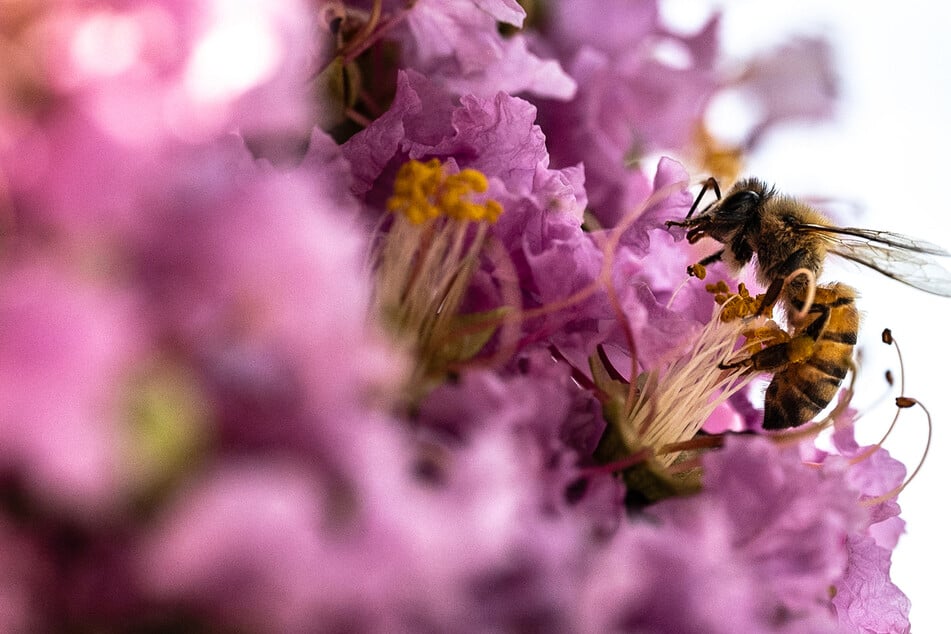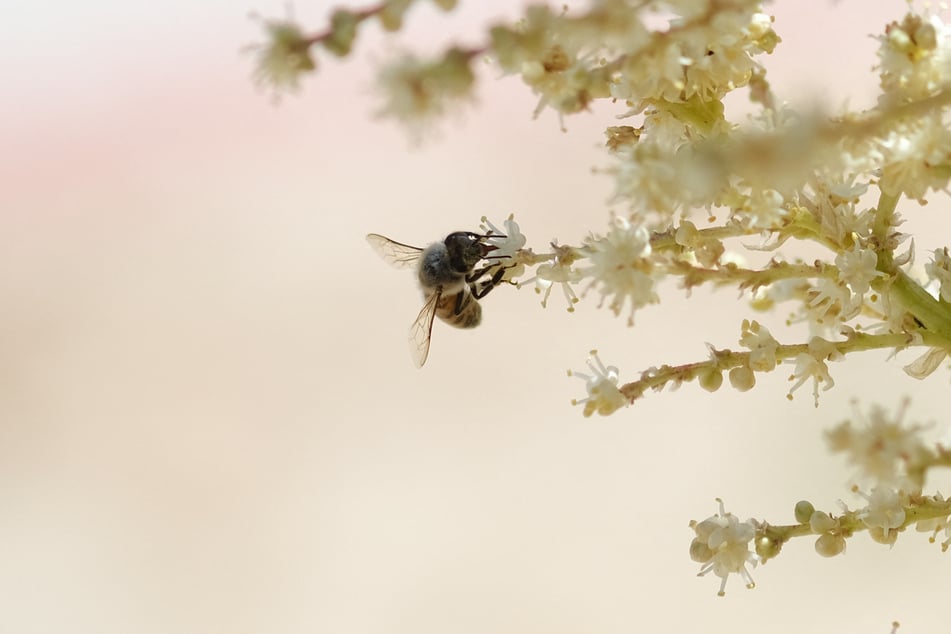How climate change is making seasonal allergies worse
Runny nose, itching eyes, worsening asthma symptoms – the effects of hay fever are nothing to sneeze at, experts say, warning of an "explosion" of allergies as climate change lengthens and intensifies pollen seasons.

The UN's World Meteorological Organization (WMO) has found that a shifting climate has already begun altering the production and distribution of pollen and spores.
As winter frost thaws earlier and spring weather gets warmer, plants and trees flower earlier, extending the pollen season, numerous studies have shown.
Air pollution can also increase people's sensitivity to allergens, while invasive species are spreading into new regions and causing fresh waves of allergies.
More and more people, particularly in industrialized nations, have reported developing allergy symptoms in recent decades.
Around a quarter of adults in Europe suffer from airborne allergies, including severe asthma, while the proportion among children is 30 - 40%.
That figure is expected to rise to half of Europeans by 2050, according to the World Health Organization.
"We're in crisis because allergies are exploding," said Severine Fernandez, president of the French Allergists' Union.
Whereas previously an allergic person would endure only what is commonly known as hay fever, albeit sometimes for years, "now that person can become asthmatic after one or two years," Fernandez said.
Pollen production increased by rising CO2 levels

Climate change affects allergy patients in multiple ways, according to a 2023 report by the WMO.
Rising levels of carbon dioxide, one of the main heat-trapping gases produced by burning fossil fuels, boost plant growth, in turn increasing pollen production.
Air pollution not only irritates the airways of people exposed, but it also causes stress to plants, which then produce more "allergenic and irritant pollen."
Nicolas Visez, an aerobiologist at the University of Lille, said each plant species reacted differently to a variety of factors such as water availability, temperature, and CO2 concentrations.
Birch trees, for example, will wither as summers get hotter and drier, while the heat causes a proliferation of ragweed, a highly allergenic invasive plant.
"There's no doubt that climate change is having an effect," Visez said.
In a study published in 2017, researchers projected that ragweed allergies would more than double in Europe by 2041-2060 as a result of climate change, raising the number of people affected from 33 million to 77 million.
The authors suggested that higher pollen concentrations as well as longer pollen seasons could make symptoms more severe.
Cover photo: YURI CORTEZ / AFP

